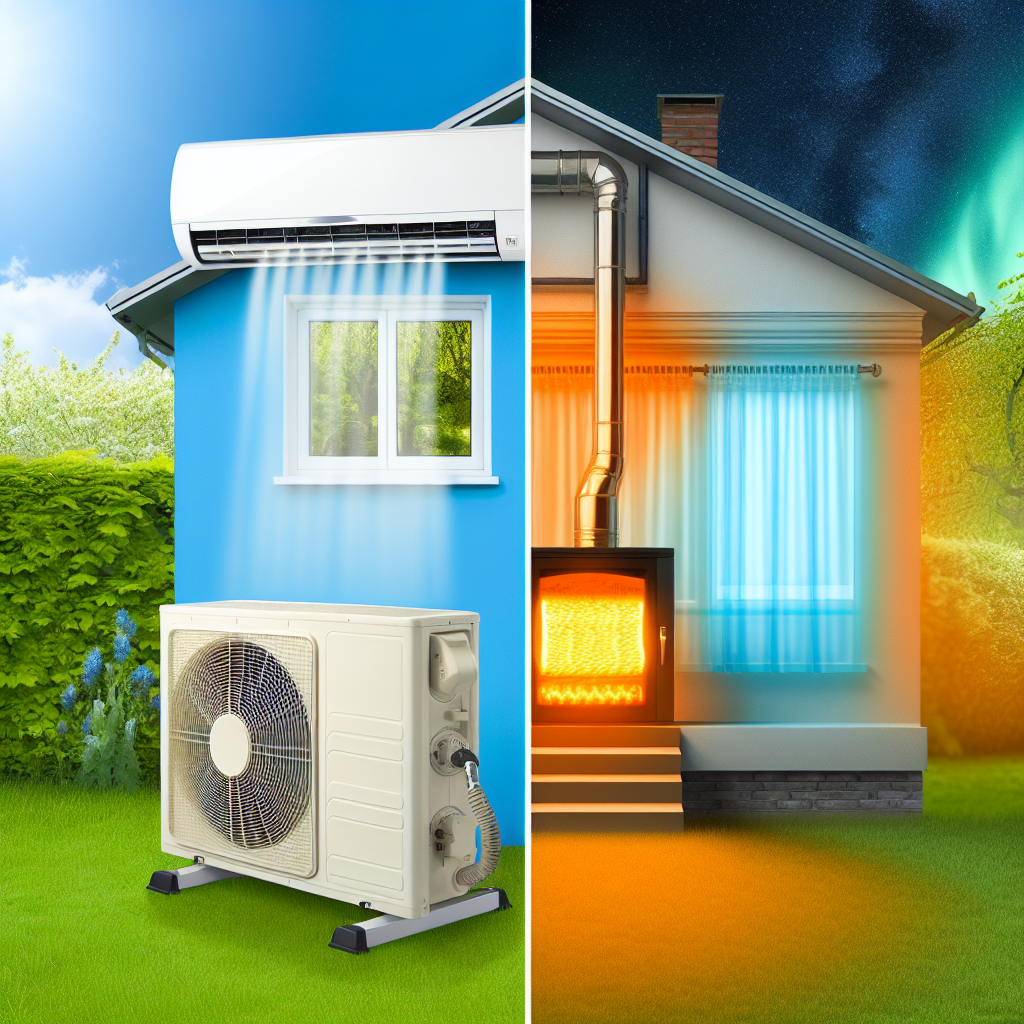Published: May 28, 2025

As a homeowner, you know that heating and cooling costs can make up a significant portion of your energy bills. Maximizing the energy efficiency of your HVAC system not only helps you reduce your utility expenses but also contributes to a more sustainable environment. In this blog post, we'll share the top 10 tips for optimizing the performance of your home's heating and cooling systems while minimizing energy consumption.
Regular maintenance is key to ensuring that your HVAC system operates efficiently. Have a professional HVAC technician service your unit at least once a year to check for any issues, clean the system, and ensure all components are functioning properly.
Dirty air filters can restrict airflow, making your HVAC system work harder and consume more energy. Replace disposable air filters every 1-3 months, or clean and replace washable ones according to the manufacturer's instructions.
A programmable thermostat allows you to set different temperatures for various times of the day, ensuring your HVAC system runs only when needed. Adjusting the thermostat by a few degrees can result in substantial energy savings over time.
Sealing gaps and cracks around windows, doors, and ductwork helps prevent conditioned air from escaping your home. Proper insulation improves the efficiency of your heating and cooling systems, reducing the workload on your HVAC unit.
Ceiling fans help circulate air, creating a wind-chill effect that can make you feel cooler in the summer and warmer in the winter. By using ceiling fans strategically, you can optimize the efficiency of your HVAC system and reduce overall energy consumption.
Ensuring adequate ventilation in your home is essential for proper airflow and indoor air quality. Keep air vents unblocked and clean to allow unrestricted airflow and prevent your HVAC system from overworking.
If your heating and cooling systems are old or inefficient, consider upgrading to ENERGY STAR certified appliances. Energy-efficient units consume less energy, operate more quietly, and often come with rebates or incentives that can offset the initial cost.
Proper insulation in your walls, attic, and floors helps maintain a consistent indoor temperature, reducing the strain on your HVAC system. Investing in adequate insulation can lead to significant energy savings and improved comfort year-round.
Take advantage of natural sunlight to passively heat your home in the winter. Keep curtains and blinds open during the day to allow sunlight in, and close them at night to retain heat. In the summer, use window coverings to block out the sun and reduce cooling costs.
Educate your family members about energy-efficient practices, such as turning off lights when leaving a room, minimizing heat-generating appliances, and dressing appropriately for the season. Encouraging everyone to be mindful of their energy use can lead to long-term savings and a more sustainable lifestyle.
By implementing these top 10 tips for maximizing energy efficiency in your home's heating and cooling systems, you can reduce your energy bills, lower your carbon footprint, and enhance the comfort of your living space. Consistent maintenance, smart upgrades, and energy-wise habits all play a part in creating a more sustainable and cost-effective home environment.
**

Our expert technicians are ready to assist you 24/7!
Contact Us Today!Read our latest articles for helpful information about heating, cooling, and air quality.
Regular HVAC maintenance is essential for improving energy efficiency, extending the lifespan of your system, enhancing...
Read MoreImplement these 10 tips to enhance the air quality in your home, promoting a healthier living environment for you and y...
Read MoreRegular seasonal HVAC maintenance is essential for maximizing system efficiency, ensuring indoor air quality, preventing...
Read MoreSmart thermostats offer energy savings, convenience, learning capabilities, and integration with smart home systems, mak...
Read More